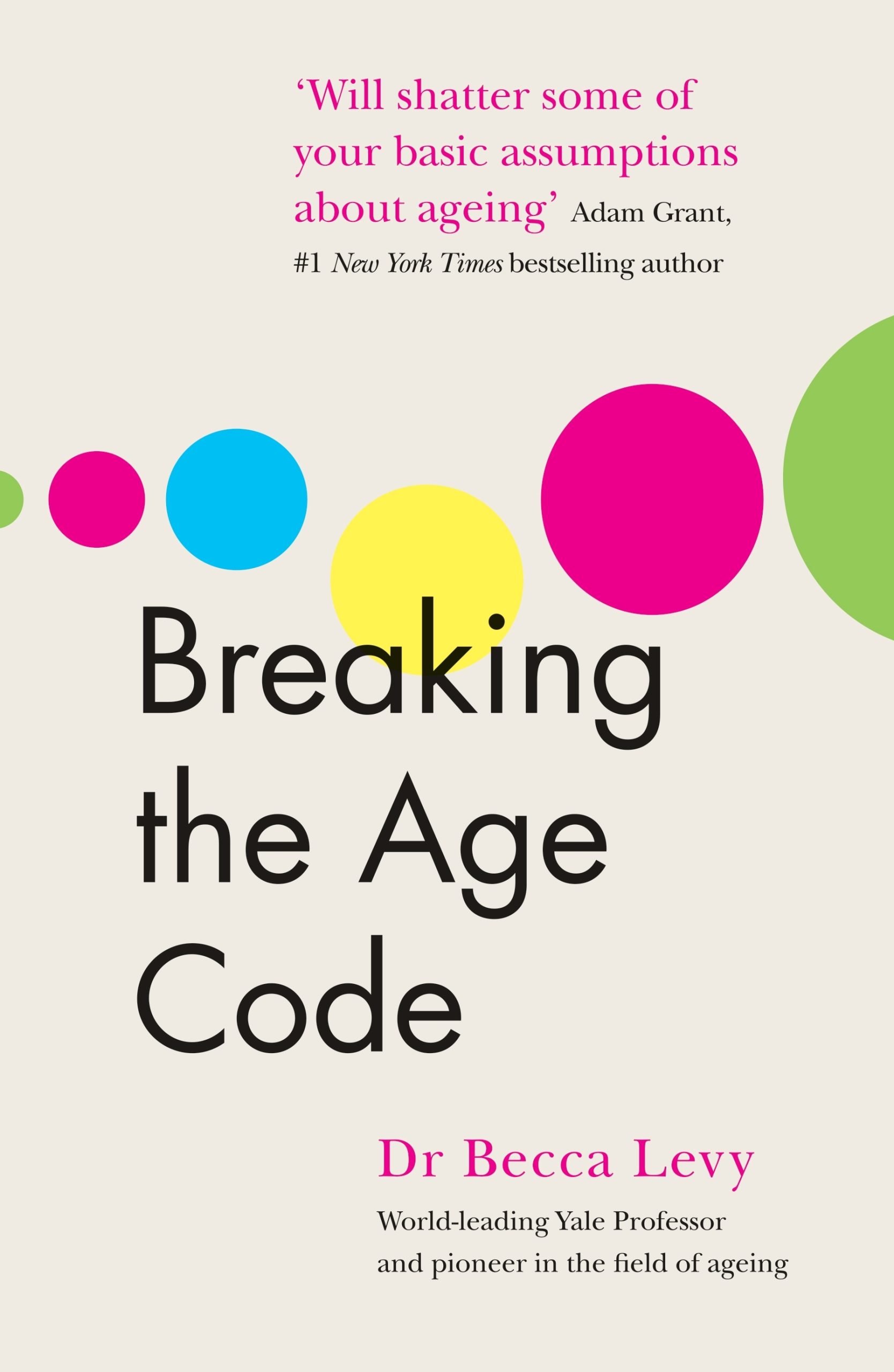A growing body of fascinating research shows that attitudes towards aging have an actual, measurable, physical effect on how our minds and bodies function. People with more positive feelings about aging—fact- rather than fear-based, that is—walk faster, heal quicker, live longer, and are less likely to develop dementia — even if they carry the gene that predisposes them to the disease.
Much of the research has been conducted by Yale’s Becca Levy, the author of Breaking the Age Code: How Your Beliefs About Aging Determine How Long and Well You Live (2022). Her latest finding, published on April 12 in the Journal of the American Medical Association, is remarkable: positive age beliefs don’t just help prevent cognitive decline. They can reverse it and improve memory.
Scientists tracked 1,716 individuals, aged 65 and up, for 12 years, to see if they could predict who would experience MCI (Mild Cognitive Impairment), as well as who was most likely to recover from it.
MCI refers to “mild changes in a number of cognitive functions, including memory and attention,” Levy explains. “It’s a performance-based measure, and cut-off points have been established and validated.” Participants were tested on how well they performed at various cognitive tasks at different points over the 12 years. People with low scores who felt good about aging were more likely to return to the “normal cognition” range.
Does feeling good about aging seem like a reach? If so, it’s because we live in an ageist culture that barrages us with negative messages about growing old—like the myth that cognitive decline is inevitable. Confronting ageism means changing the culture. That’s why Levy is “very interested in social movements to overcome ageism.” That’s why I do what I do.
Many aspects of aging aren’t under our control, but we can control our attitudes. Unlearning isn’t easy, but it’s free and it’s doable. How about aiming for an accurate understanding of the years ahead—an attitude based on facts rather than fears? Based on an understanding of where the myths and stereotypes come from, and what purpose they serve. Based on the abundant evidence that late life is a time of growth and purpose.
Where to begin?
- Levy recommends keeping an age–belief journal for a week: recording how age is represented on television and in social media and conversations, and whether and how olders are part of the conversation.
- Noodle around the Old School Anti-Ageism Clearinghouse: hundreds of free resources to educate people about aging and ageism.
- Read about Levy’s study showing that more accurate age beliefs protect against Alzheimer’s disease.
- Check out a 2022 National Poll on Healthy Aging, published on June 15 by JAMA Open Network, that linked exposure to “everyday ageism” to higher levels of mental and physical health problems.
- Reflect on your own attitudes toward age and aging. Ageism harms our health, and we can’t challenge bias unless we’re aware of it.
If you aspire to a long and healthy life, it’s worth it. Equating aging with disease and decrepitude makes us more vulnerable to exactly what we fear.



